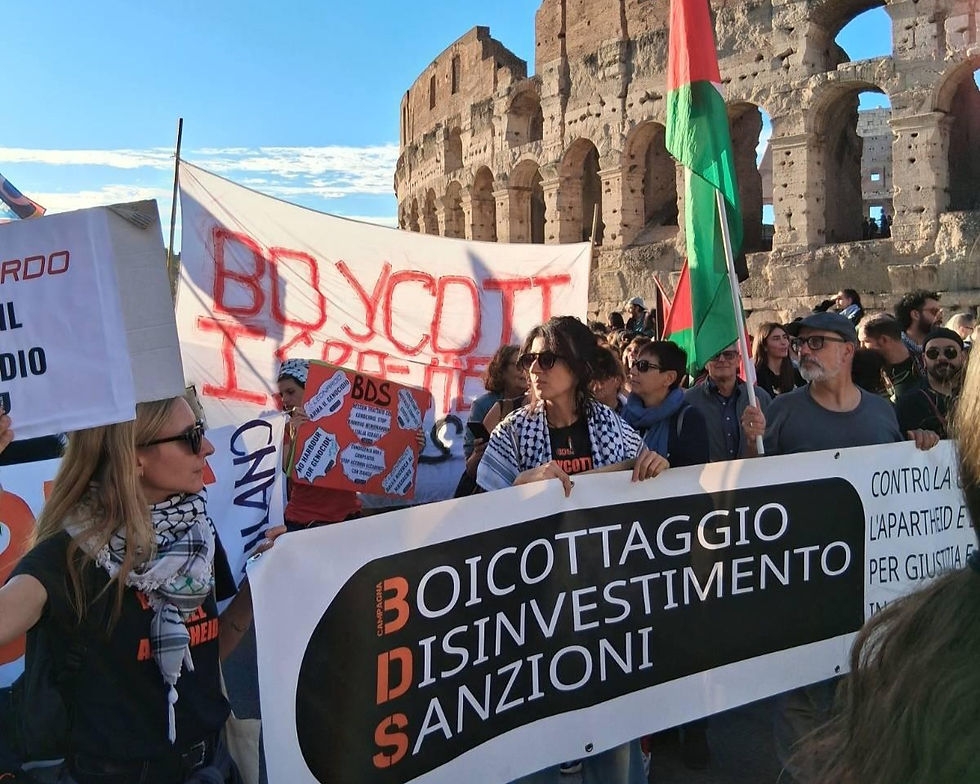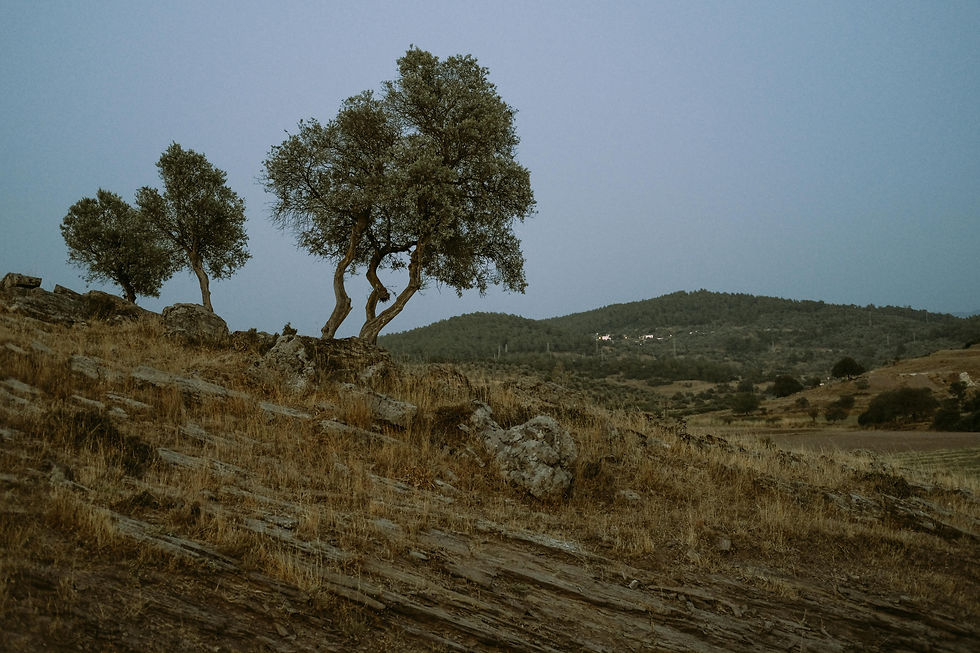System Change, Not Charity
- Samuel Murage

- May 31, 2023
- 4 min read

More and more individuals and organisations recognize that business-as-usual is an insufficient response to today’s development aid. As a result, the concept of decolonizing aid is moving to the forefront of debates about skewed decision-making and unequal power dynamics in the international aid system. My participation in the Transformative Safeguarding professional course using the Justice Based Approach by United Edge created a holy discontent on the status quo on a number of issues that I was unaware of.
Each of the five pillars of the Justice Based Approach led to immediate action within my organisation to address the gaps that I identified during the course – like creating structures for vetting staff on safeguarding issues, establishing a feedback mechanism, developing a vulnerable adults’ safeguarding policy, training staff on safeguarding, participating in decolonizing aid dialogue, and embracing alternative models, just to mention a few. It is safe to say that this course moved me and my organisation from current realities to transformative actions. And even before we settle for what we think is good enough, we immediately realize it is not the best. For many years, I thought unjust actions came from our actions, but little did I know they are also about our inactions! That awareness and many other thought-provoking concepts were fundamental.
For the twenty years I have worked in the social development sector, I have viewed funding partners as largely Western-based philanthropists whose agenda was to transform lives in the Global South. I took their funding conditions without an iota of doubt. I judged international aid by the degree to which it complied with the social norm for the common good. However, the debate on decolonizing aid during the course opened my eyes to the deep-rooted, systemic power imbalances that exist between donors and aid recipients. The goal post of the Grand Bargain, which was hailed as a major outcome of the 2016 World Humanitarian Summit, changed soon after the ink dried.
International non-governmental organisations (INGOs) changed the definition of ‘localization’ to include international aid organisations that had direct local or national presence. This watered down the objective of the localization/nationalization agenda and ensured international organisations maintained a grip on decision-making power. In Kenya, these international players continue to determine our humanitarian priorities with little or no voice from the grassroots. Yet decisions should be made close to the people affected. Beyond broad commitments to locally-led approaches, the development, humanitarian aid and peacebuilding sectors have struggled to implement any significant structural change.
In 2020, we applied for funding to respond to the worst drought in Kenya for 40 years, where over 3.5 million Kenyans were food hungry. The project proposed a twin-track approach that combined immediate humanitarian assistance and long-term support to limit future shortages. To bring about sustainable long-term improvements, we requested a grant to support 200 households to build drought-resilient livelihoods. However, we did not give the specifics. The funding partner requested the details of the livelihood projects to be funded. But we did not have the details. We said that we wanted to cede decision-making power about the grant to the very people whose livelihoods are affected by the drought through a participatory grant-making model. This was new to the donor and, honestly speaking, a huge risk on our side.
In a past project to respond to the effects of COVID-19, we had proposed to support 100 households with farm inputs, 50 households with livestock and 50 people to restart their small businesses. In this case, we felt safe and in control of our strategy of supporting ultra-poor households to start, diversify or strengthen their livelihoods. Because we have a strong grassroots presence, we understood our livelihood groups and livelihood zones very well and therefore assumed we knew what was in their best interest. But we were the ones exercising power over these groups.
This ‘shift of power’ was not easily taken but gave us an opportunity to introduce the concept of participatory grant-making as opposed to the traditional top-down, hierarchical power structure in development aid, a system that reflects the very conditions that created global, regional and national inequalities and necessitated charitable giving in the first place. In the top-down model, the funding partners make calls for proposals with predetermined objectives or outcomes, expenditure ratios per cost centre, and timelines for submitting proposals, which in most cases is less than a month. This leaves very limited room for consultations with the intended service recipients, so grantee recipients work with secondary data to argue their case.
In practice, participatory grant-making means placing affected people and communities at the centre of grant-making by giving them the power to decide who and what to fund. After demonstrating the value and impact of this model, our funding partner recognized it and funded the project. We gave four community-based programmes the opportunity to prioritize the neediest people in the community and the worst affected by drought. They gave us a list of 200 people.
We trained service recipients through participatory and active learning approaches on climate change and its effect on livelihoods, as well as livelihood assets, critiquing livelihood options, financial management, and record keeping. This approach gave participants the opportunity to think about the issues in their own local context; relate new concepts to their own experiences and find solutions to problems; and plan what they could do to build climate-resilient livelihoods. After the training, we funded their project proposals by transferring cash to their bank accounts. Sixty percent of the participants, the majority of them women, entered a banking hall for the first time in their lives.
This model benefited the service recipients by giving them a voice in solutions to their problems. It allowed us to learn from and align our humanitarian response with the needs and aspirations of service recipients. More importantly, it opened doors, albeit in a subtle way, to discuss decolonizing aid. We hope that this is the first practical step towards shifting power with our traditional donors. In the spirit of Leave No One Behind, we should empower communities to work for systemic and long-lasting change – and not charity.
.........................................
Samuel Murage is a capacity development officer in a faith-based, grassroots organisation in Kenya who has specialized in administration and project management. He is an alumnus of the Transformative Safeguarding course with United Edge.









Comments